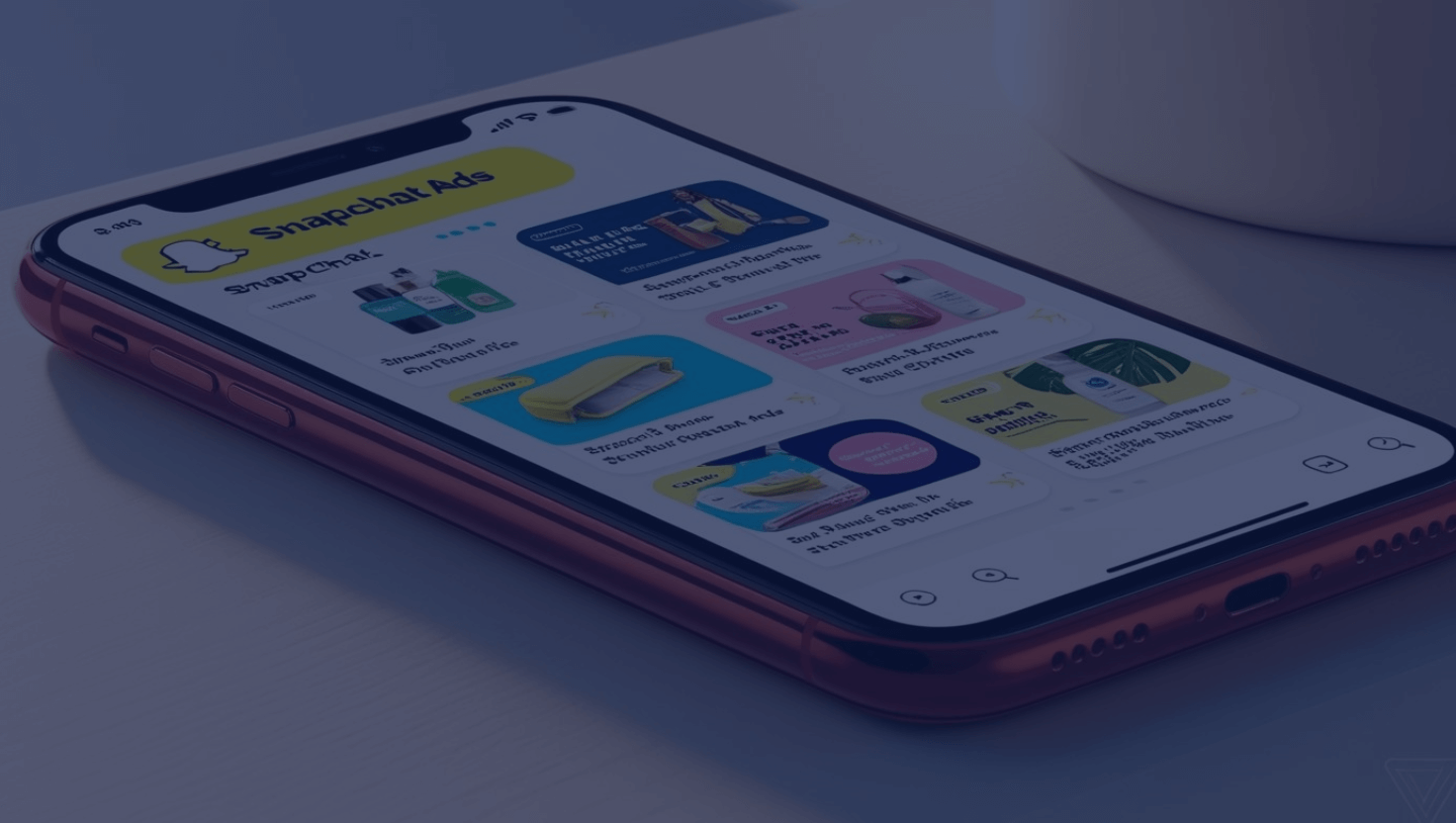You might want to read this first.
Ah Facebook. Day by day, its audience and community just seems to grow larger and larger and as this audience grows, more and more businesses are looking to effectively levearge it as part of their social media marketing strategy.
One obvious step is to set-up a profile, which is a key if you want to access the Facebook community in a relevant manner. Having a profile gives you a presence and a base of operations to start marketing to and leveraging the community. However, the challenge that many organizations face once they set-up a profile is what to do next, in order to actually grow their friend and fan base. Having a profile on Facebook is great, but if no one know its there or it just stagnates, then what is it really worth?
In order to grow your friend and fan base, there are a number of viral tactics you can tap into as well as advertising mediums such as left-hand ad units and Social Ads. While these are all great, if you read the press and just listen to the buzz, these all seem to pale in comparison to what many see as the Holy Grail of a developing a successful Facebook presence – Application Development.
Yes, in May 2007 Facebook decided to invite developers to create free software programs that Facebook members could in turn use to communicate with and entertain one another. The net effect of opening up Facebook as a development platform has played a huge role in its growing popularity and has helped to ensure that things do not become stagnant. This assertion is supported by the fact that in the past year more than 250,000 developers have requested the company’s tools for building applications and more than 24,000 applications have been launched. This equates to over 65 new applications being launched every day! Pretty impressive growth, if I say so myself.
Needless to say, many developers have turned their applications into viable business models and companies have used applications to raise their profile within Facebook through increased engagement with their brand. While this is all great and I applaud everyone who has had success, it has also spawned some unrealistic views about Facebook’s application development platform.
The Myth of the Facebook App
This flood of application development and the associated buzz has also led to many organizations talking about developing “Facebook Apps” as part of a strategy in order to grow and evolve their presence on the site. It’s almost as if people look at Facebook as some kind of magical development platform and no matter what kind of App you develop its surely going to be viral and increase your friend and fan base 10x over. As much as I would like say this is the case, its really not and hence – “The Myth of the Facebook App”.
So what do I mean by “The Myth of the Facebook App”? Well, take this recent quote from Ben Ling, director of platform marketing at Facebook, when asked why some applications are successful, but many just seem to stagnate – “The Facebook platform is not a magic platform and you can plug anything in and be successful. It does not make something that’s not useful useful.” – Wall Street Journal – June 10, 2008
Reality Bites
In fact a study published in March 2008 by O’Reilly Media, Inc. regarding Facebook applications revealed some very sobering statistics:
- The top 1% of applications accounted for two-thirds of all application activity in the first nine months since Facebook introduced the platform
- Only 200 applications host more than 10,000 users a day
- Approximately 60% of available applications failed to attracted even 100 daily users
So why is it that some applications are successful while others are not? The applications that seem to be working are those that provide a useful service, entertain users and allow users to socialize with one another. This last point is very, very key, particularly when you think about Facebook as medium. What I mean is that as a medium Facebook is about connecting and socializing with others and something that is considered to be both useful and entertaining is most often based on the premise that it enables you to connect and socialize with your friends.
Examples of applications that have proven to be successful are FunWall which 2.1 million people use daily to post messages, cards, videos and more on Friend’s profiles; as well as games such as Scrabulous which has over 482,000 daily users has proven to be hugely successful as it gives users a reason to come back time and time again.
Adding to the application development challenge is the fact that their numbers are growing at a furious pace. What is relevant today is irrelevant tomorrow, partially due to the increased level of sophistication associated with newer applications. Additionally, just getting user attention is becoming more and more difficult as they are constantly flooded with more and more applications to choose from. It should also be noted that some practices that contributed to the growth of early applications, such as forcing users to send an application to say 10 of their friends before being able to install it themselves, have been disabled after Facebook received complaints from users who felt they were being SPAMMED. Therefore, to succeed in today’s environment an application must do so primarily on its own merit.
Developing an Application Strategy
Therefore, when considering developing an application, before you just go out and do so, take some time to consider its strategic purpose and ask yourself and your team the following questions:
- What is the problem I am trying to solve?
- What is the need I am trying to address?
- Does a likeminded application already exist?
- What unique merits can this application bring to the Facebook community?
- How will the application enable users to not only connect with your brand, but also with each other?
While these are certainly not the only questions to be asking yourself, they can provide a baseline framework to ensure that you set foot in the right strategic direction when developing an application. As Facebook grows more and more crowded, the opportunities for successful application development are going to get more and more challenging. To simply develop an application without considering its strategic value and how it can be effectively woven into Facebook’s social fabric is a recipe for failure and frustration.
Ultimately, Facebook is a medium that is quickly maturing and therefore as marketers we must quickly mature along with it. To just list “Develop Facebook App” as a bullet point as part of a Facebook promotional strategy is a mistake. Rather to successfully launch an application in today’s Facebook environment, you need to develop an entire strategy around its development, launch and evolution. In the end, a well thought out application development strategy, will help to ensure that what you do is aligned not only with your business objectives, but more importantly is socially relevant to the Facebook community; and if your application is going to be successful that is the key.





